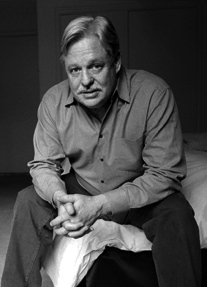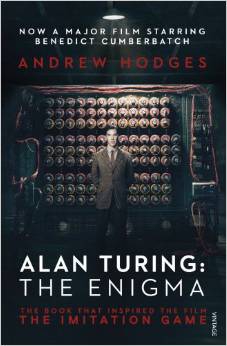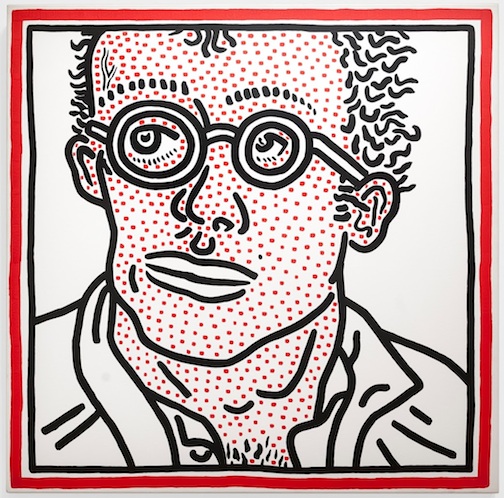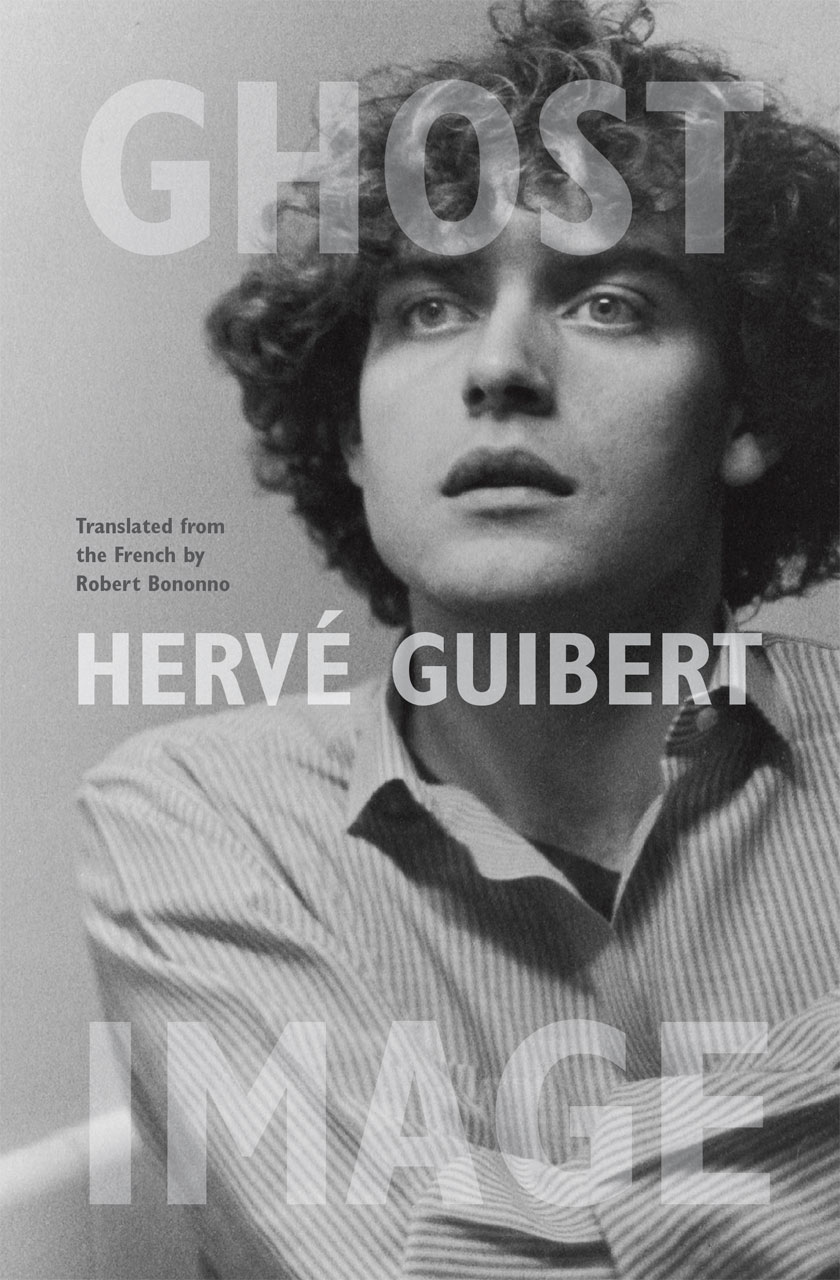
A critically and commercially successful writer, Armistead Maupin is the author of the globally best-selling, six-volume Tales of the City series. Three TV miniseries have been made from the series to date, the first of which received a Peabody Award. Another novel, The Night Listener (2000), has recently been adapted for the screen. Based on some of the author’s own experiences, Maupin describes the novel as “a mystery of the heart.” The movie version stars Robin Williams as Gabriel Noone, a radio personality and storyteller who gets involved with a wunderkind writer named Pete D. Logand. The screenplay was co-written by Maupin, director Patrick Stettner, and Terry Anderson, Maupin’s former partner and literary manager.
I spoke to Maupin via phone in San Francisco about his novel and the new film adaptation, about his æsthetic sensibility in general, and about his views on the future of gay and lesbian people.
Gay & Lesbian Review: How involved were you during production and post-production?
Armistead Maupin: I was extremely involved. The director was great in running things by me whenever he made changes.
GLR: So I take it you are happy with the film’s adaptation?
AM: Yes, it’s a different creature from the novel. In the novel there was a predominance of phone calls, but that doesn’t make for a very active movie. I think Patrick created some interesting character-driven dilemmas in Gabriel that kept the action moving along, which you want in a thriller—even in a thriller like this, which is basically heavy on the psychological aspects and low on dismembered limbs.
GLR: What was going through your mind when you came up with the surname Noone or no one? He is a celebrity figure so he is someone.
AM: Well, it’s more of a joke about who he’s talking to, and how, to a certain degree, his own life is a collection of anecdotes. It’s just a bit of a trick.
GLR: How close is Gabriel to you? How autobiographical is his character?
AM: What happens to him is, up to a point, similar to what happened to me. But he’s far more neurotic and obsessive in his quest than I ever was. I think I was rescued by my storytelling instincts. Soon as this extraordinary mystery started happening to me, I started imagining ways I could spin it into a tale.
GLR: How similar is Gabriel’s contentious relationship with his father?
AM: Yes, that’s pretty close. I think in the novel that’s the most accurate representation of a relationship in my life.
GLR: One of the most provocative conversations in the film is when Gabriel and his dad argue about the sexual orientation of the men who raped Pete. What can we make of sexual orientation and rape in this case?
AM: I simply think it plays into brutality and bigotry. I don’t think anybody who rapes a child is being driven by homosexuality or heterosexuality. I think there’s something separate going on. In this case, people relied on their own homophobia to make it worse for the kid or to justify [their behavior].
GLR: Considering the film deals with the breakup of Gabriel and Jess, how difficult was it exploring that part of your common past with Terry?
AM: A lot harder than either one of us imagined. We’ve had a longstanding friendship. We relied on that to get us through, but there comes a point where it’s almost impossible not to see the character as yourself. Both of us did it, although both of us were trying to serve the film.
GLR: In portraying that time, there was very little physical contact between Gabriel and Jess. Was that due to box office or other considerations?
AM: It was simply reflecting accurately a time in my life. When Terry had left me, that was the way it worked. I think it’s true of anyone who’s broken up. There were no considerations about box office. I was quite surprised Miramax picked up the film.
GLR: Why is that?
AM: It was originally pitched to me as a gritty little indie thriller. That often means you’re not going to get a wide release. I think it may be the first time a major star has played a central character who is gay yet his homosexuality is not particularly pertinent to the story. There may be an exception to that but I can’t think of what it is.
GLR: The story’s exploration into the reality of fact, fiction, and storytelling could be an allegory surrounding the mythical differences between gays and non-gays. Was that part of the plan?
AM: That’s been a theme from my work from the very beginning and I do think that theme has been driven by the fact that I’m gay. Gay people distinguish from an early age between the way things seem to be and the way they actually are.
GLR: Is that something we could qualify as a gay æsthetic in film and literature?
AM: I think you could probably find that; you can certainly find it in my work. I’m not sure it applies to everyone’s work. In everything I’ve ever written that disparity has been examined.
GLR: People seek truths and exactitudes regarding the differences between gays and non-gays. But on some level the film is trying to blur those boundaries, no?
AM: Well, I think there are differences. There are also some similarities. In terms of the film, it’s the way we all grieve over the loss of a partner. I’m far beyond the point of trying to prove that we’re just like anybody else. I’m pretty certain we’re not and, for the most part, we become more complete human beings because of our homosexuality.
GLR: Really, why?
AM: Precisely because we are, by our very nature, forced to examine the way everybody thinks. A gay man or woman who walks into a room can assess the social dynamics far more readily than someone with sort of limited heterosexual vision. It’s only because we’re forced to be spies in the world from the very beginning. We’re more observant about others.
GLR: You’ve received recognition from a few southern legislatures. What’s your reaction to that?
AM: Georgia, South Carolina, and Okalahoma condemned Tales of the City when it appeared on PBS in 1993. I put that into my biography because I’m proud of it.
GLR: What do you think about these interviews? Do you think they serve the film or do you think the film should just speak for itself?
AM: I don’t mind doing interviews. Yes, the work should certainly speak for itself. I do know that I tend to plant mysteries and teasers in my work, whether it’s literature or film, and people are curious about it.





